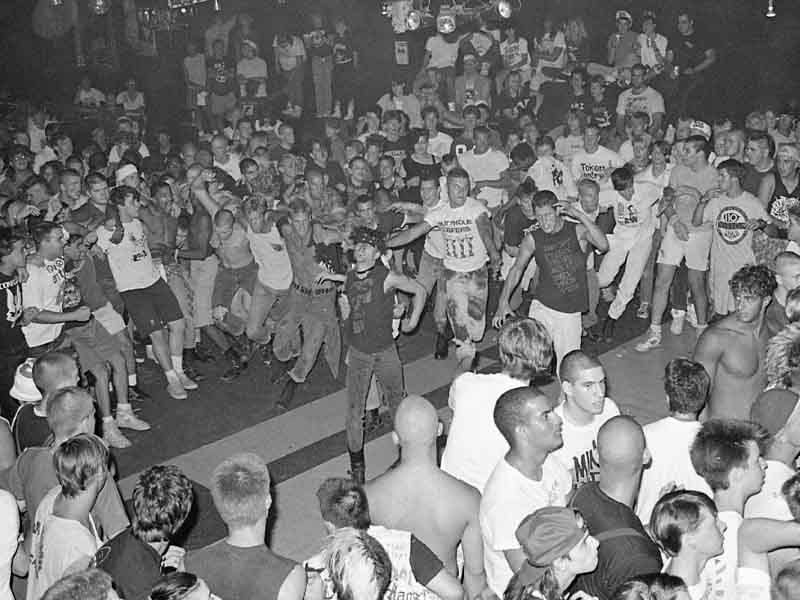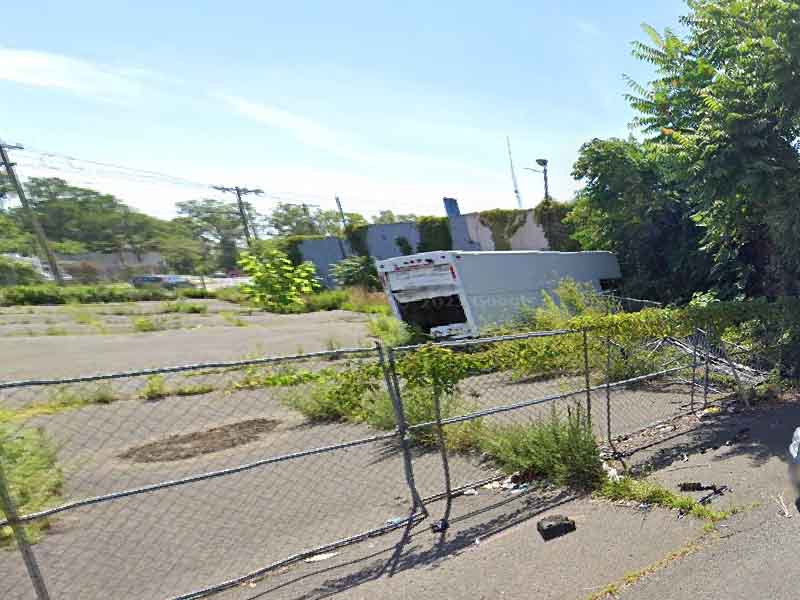In the annals of American music and cultural history, City Gardens in Trenton, New Jersey, holds a unique and enduring place. From its humble beginnings as a simple club in the late ’70s to its closure in the early ’90s, the venue played host to an eclectic mix of acts that spanned multiple genres and generations. City Gardens became a crucible for punk, hardcore, metal, and alternative rock in a way few venues ever have, but it was also so much more than just a place to hear live music. Let’s delve into the fascinating history of this iconic venue.
City Gardens opened its doors in 1979, a venture driven by a collection of local entrepreneurs and music enthusiasts. Situated in a nondescript building on Calhoun Street, the venue initially struggled to find its identity. However, it didn’t take long for word to spread that City Gardens was a place where the rules were a little looser, and the music was a lot louder.
By the early ’80s, City Gardens had become a haven for punk and hardcore bands, both local and from across the country. The venue gave a platform to emerging acts like Dead Kennedys, Black Flag, and Minor Threat, bands that were pushing the boundaries of conventional music and culture. With Randy Now, the infamous City Gardens promoter at the helm, the venue cemented its reputation as a hotspot for alternative music.

While punk and hardcore were the mainstay, City Gardens was anything but a one-note wonder. The venue was known for its eclectic booking, which included metal acts like Slayer and Anthrax, ska bands such as Fishbone, and even hip-hop pioneers like Public Enemy. The diversity of the acts added to the venue’s allure, making it a destination for fans of various genres.
City Gardens was more than just a venue; it was a hub for subcultures and social movements. It became a place where the disenfranchised youth of Trenton and surrounding areas could come to express themselves. The venue was frequently packed with skateboarders, artists, and social activists, all of whom found a community and a voice through the music and ethos of City Gardens.
Despite its roaring popularity among certain circles, City Gardens was not without its challenges. Rising rents, changing musical tastes, and periodic clashes with local authorities plagued the venue throughout its existence. Finally, in 1994, City Gardens closed its doors for good, but not before leaving an indelible mark on American music history.
The legacy of City Gardens lives on in the memories of those who frequented its shows, as well as in documentaries and retrospectives that have sought to capture its unique essence. Though the physical building may be gone, the cultural impact of City Gardens remains.
City Gardens was more than just a music venue; it was a beacon for alternative culture and a platform for groundbreaking acts that have since become legendary. Though it had its share of difficulties and eventually closed down, its impact on music and culture continues to resonate today.
